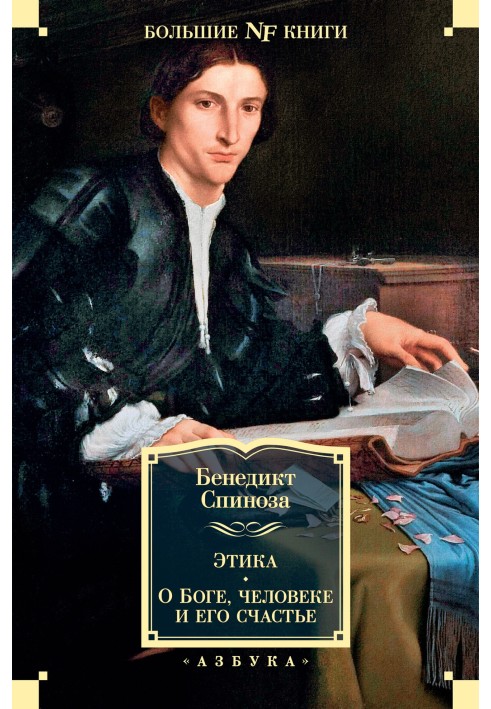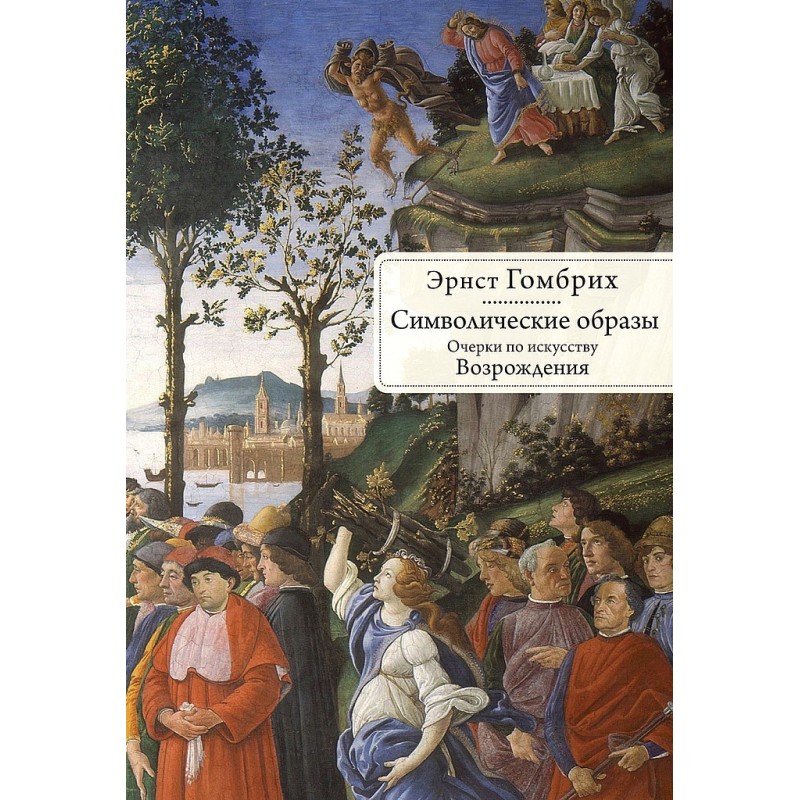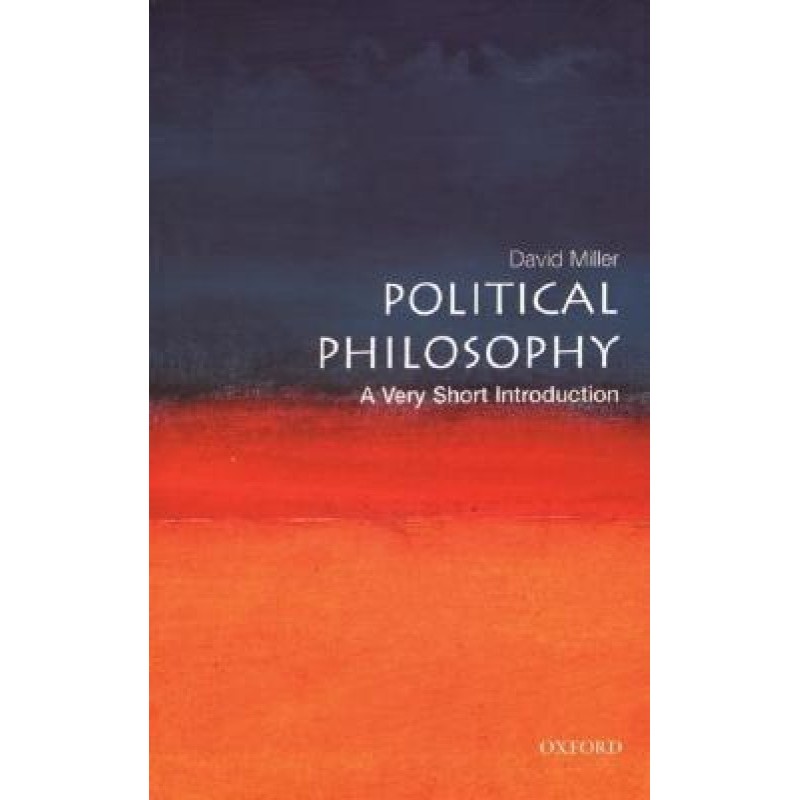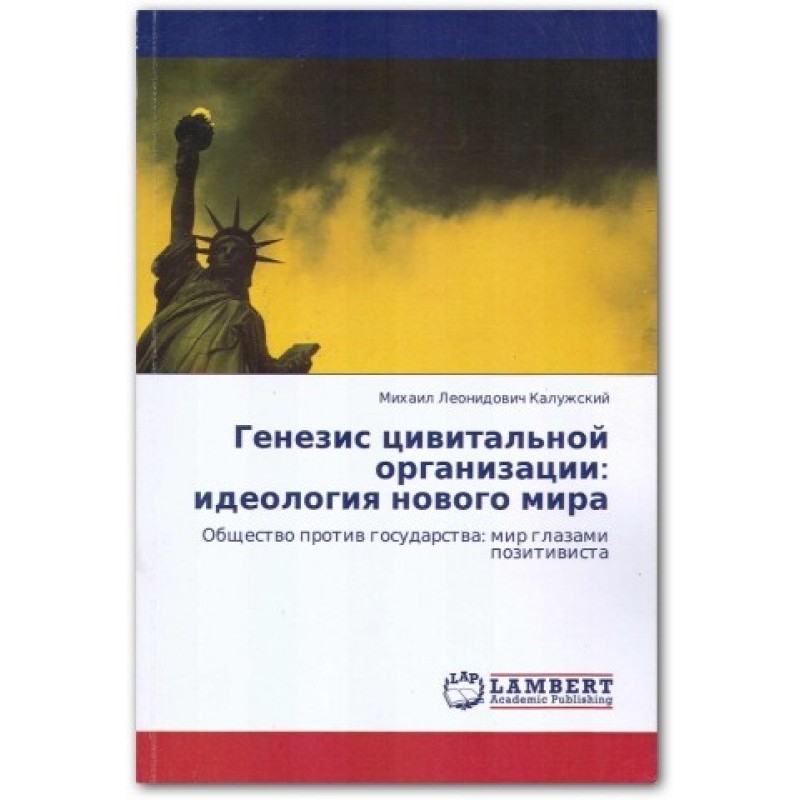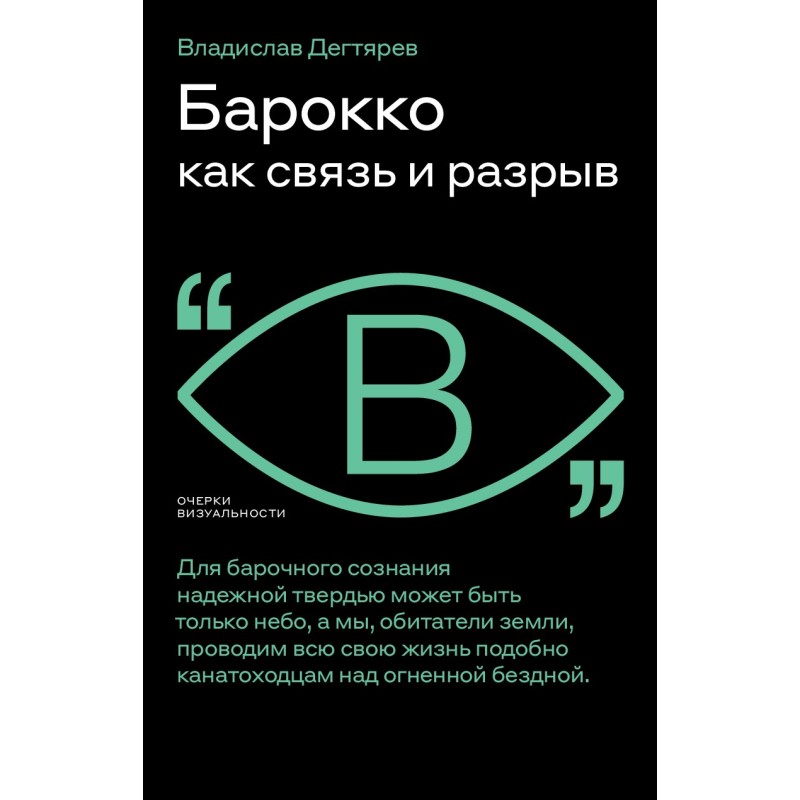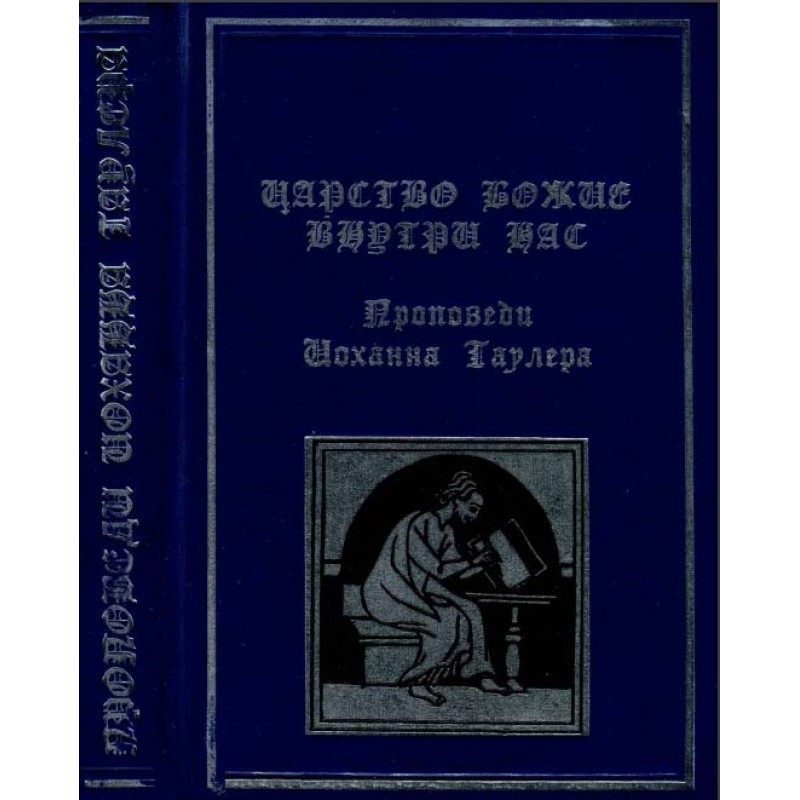Ethics. About God, man and his happiness
 Instant download
Instant download
after payment (24/7)
 Wide range of formats
Wide range of formats
(for all gadgets)
 Full book
Full book
(including for Apple and Android)
The Dutch rationalist philosopher, one of the main representatives of modern philosophy, Benedict Spinoza (Baruch d'Espinoza) was born in Amsterdam in 1632 into a wealthy family of Spanish Jews who fled here from the persecution of the Inquisition. Operating with the so-called geometric method, the philosopher viewed the universe as a harmonious mathematical system and in his reasoning managed to reconcile and bring together the medieval theocratic world of unshakable truths and the science of the New Age, which decided that only through the tireless work of reason can one come closer to comprehending the truth. For “heretical” ideas Spinoza was eventually expelled from the Jewish community where he received his education, and subsequently, although his work won respect among the most enlightened people of his time, the philosopher was not inclined to benefit from generous patronage. The only work published during Spinoza's lifetime with his name indicated was “The Foundations of the Philosophy of Descartes, Proved Geometrically” with an “Appendix Containing Metaphysical Thoughts.” The main masterpiece that summed up the work of Spinoza’s entire life, the Ethics, on which he worked around 1661 and where the system of his reasoning appears in all its magnificent harmony, was published only in 1677, after the death of the author. In format PDF A4 saved publishing layout of the book.
Data sheet
- Name of the Author
- Бенедикт Спиноза Барух
- Language
- Russian
- Translator
- Арон Ильич Рубин
Борис Васильевич Чредин
Василий Васильевич Соколов
Михаил М. Лопаткин
Николай Александрович Иванцов
Семен Миронович Роговин
Reviews
Глибоке філософське дослідження
Книга "Етика" Бенедикта Спінози - це справжній шедевр, який відкриває перед читачем безмежні горизонти розуміння людської природи, Бога та щастя. Спіноза, використовуючи свій геометричний метод, зумів створити систему, яка поєднує в собі елементи теології та науки, пропонуючи читачеві унікальний погляд на світобудову. Його ідеї про те, що щастя досягається через розуміння і прийняття природи, а не через зовнішні фактори, надзвичайно актуальні і в наш час. Книга вражає своєю логікою, ясністю викладу та глибиною думок. Спіноза ставить запитання, які змушують замислитися про сенс життя, свободу волі та взаємозв'язок між людиною і Всесвітом. Для всіх, хто цікавиться філософією, психологією чи просто шукає відповіді на складні питання, "Етика" стане незамінним джерелом натхнення та знань. Це не просто книга - це подорож у світ філософських роздумів, яка залишить слід у вашій душі.

